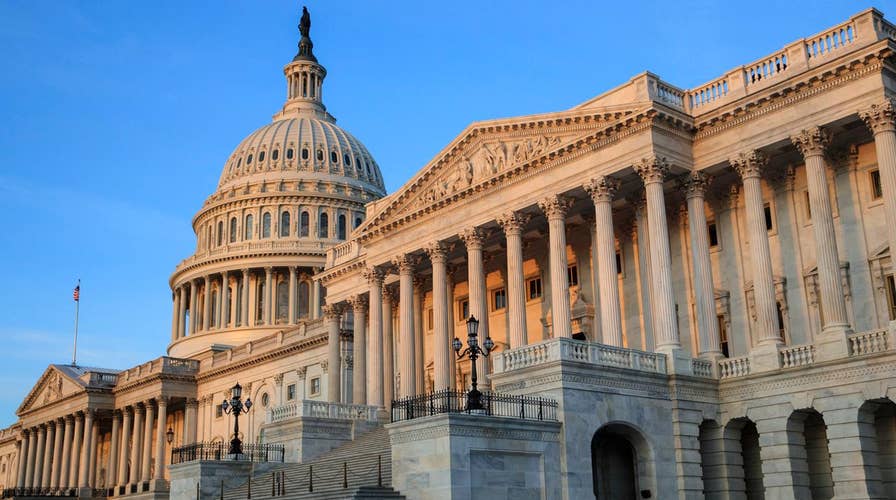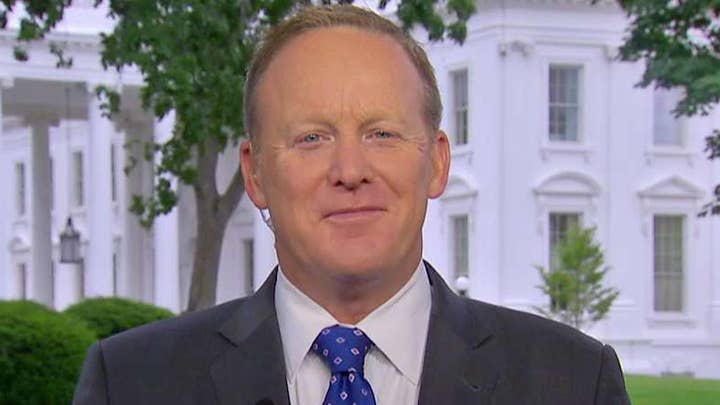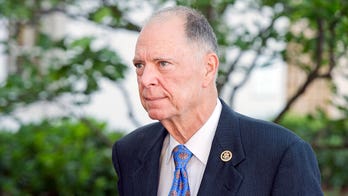Democrats not underestimating GOP on health care bill push
Mike Emanuel reports from Capitol Hill
Some Republican senators expressed doubt Sunday about holding a vote on the health care bill to repeal and replace Obamacare until the Congressional Budget Office releases its analysis on the legislation and changes are considered.
Five Republicans have expressed opposition to the Senate GOP health care plan. It would be more than enough to torpedo the measure developed in private by Senate Majority Leader Mitch McConnell and deliver a huge defeat for President Trump who promised to repeal President Barack Obama’s signature bill.
Sens. Susan Collins, R-Maine, and Ron Johnson, R-Wis., said in interviews they would like to wait and review the CBO score before pressing ahead to vote. The CBO score could come as early as Monday.
Collins said in an interview with ABC that seven to eight more senators were troubled by provisions in the Senate bill that may cut Medicaid for the poor even more than the House’s version of the bill. Collins, who also opposed proposed cuts to Planned Parenthood, said she was awaiting the CBO analysis before taking a final position on the bill.
"It's hard for me to see the bill passing this week," Collins said, adding it would be “extremely difficult” for the White House to be able to find a path to attract conservative and moderate votes.
Johnson, one of five senators opposing the bill, said he also would like to review the CBO score.
"I would like to delay," he said in an interview on NBC. "These bills aren't going to fix the problem. They're not addressing the root cause," he said, referring to rising health care costs. "They're doing the same old Washington thing, throwing more money at the problem."
Sen. John Cornyn, R-Texas, told reporters passing a health care bill won't get any easier if Republican leaders delay a Senate vote on the GOP health care plan. He added there is a “sense of urgency” to push forward but acknowledged the outcome is “going to be close.”
President Trump express optimism earlier Sunday, but told “Fox & Friends” in a taped interview that more deal making needs to be done to get enough votes.
The Senate bill resembles legislation the House approved last month. A CBO analysis of the House measure predicts an additional 23 million people over the next decade would have no health care coverage, and recent polling shows only around 1 in 4 Americans views the House bill favorably.
The legislation would phase out extra federal money that more than 30 states receive for expanding Medicaid to additional low-income earners. It would also slap annual spending caps on the overall Medicaid program, which since its inception in 1965 has provided states with unlimited money to cover eligible costs.
The Associated Press contributed to this report.






